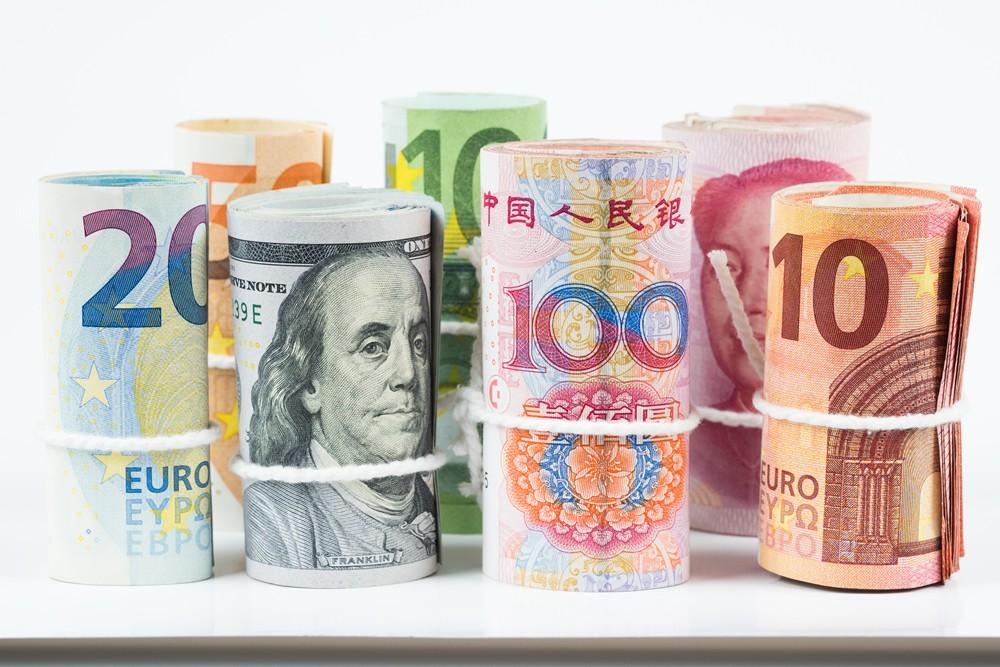Although USD and EUR continue leading world currencies, demand for these currencies has dropped since last year. In 2019, the US dollar's share in international payments fell to the lowest level of the past two decades. Euro-nominated foreign reserves have also faced the lowest level in history. However, the most popular currencies in Azerbaijan are euro and US dollar.
Report has studied how the euro and US dollar are confident in collecting money and the prevailing situation on investments in other currencies in Azerbaijan.
Economist and expert Rashad Hasanov said that the money-collecting in Azerbaijan mainly aims to eliminate the risks stemming from impairment: "Azerbaijan's economy is elementary. The treatment of players is also simple depending on the conjuncture of the economy. Citizens choose currencies as a result of different purposes. The matter is about not only charge but also decisions on capital investments and trade turnover. Everything in Azerbaijan is straightforward. Most of the population doesn't follow the events in currency and securities markets, and most of these markets don't exist in Azerbaijan. Therefore, people decide traditionally. Such an approach leads to collecting money in the euro and the US dollar. The collection in Azerbaijan mainly aims to eliminate the risks stemmed from impairment. A depositor, who has information, forecasts which currency will gain value and makes investment in that currency. Especially, we observe that such observers invest in currencies of developing countries with high volatility. People just collecting money do that because of fear of impairment. This time, they mainly direct to major currencies."

The expert said that a small part of investors and citizens make an investment in Pound Sterling as an alternative currency: "The situation related to other currencies is different. Azerbaijan-based banks tend to change Turkish lire, Russian ruble as an alternative. Because there is a close link with these markets, and funds can be transferred to banks in these countries. However, Azerbaijani banks have been avoiding receiving Iranian tumen for a long time. It is a risky currency. Although TRY and RUB are actively used in Azerbaijan, people who are not to make payments in the short-run invest in TRY and RUB because both currencies are risky. To know it, we have to see the dynamics of these currencies during the past 4-5 years. None of these countries have an institutional structure, and the value of the currency shows volatility depending on the management of the country. Market activities in Russia have almost been eliminated, and the Central Bank's independence has been taken away. In exchange for these, no one tends to make a long-term investment in these currencies.
The range of currency in international markets is expanding. For instance, the Chinese yuan and Japan Yen are actively used today. Azerbaijan is far from it. Because Azerbaijanis don't participate in the financial markets actively. On the other hand, the collection of money in these currencies is prevented by the fact that trade volumes with these countries are not high."

The expert thinks that people passively collecting money should save money in some currencies: "These currencies include Azerbaijani manat, euro, US dollar, the pound sterling. Active participants of the market are recommended to make investments in Japan yen, Swiss franc, and the Russian ruble and Turkish lire."
Hasanov also spoke about banks' receiving deposits in different currencies: "Azerbaijan-based banks receive deposits in different currencies. However, they won't receive Iranian tumen. We don't have its market, and it is precarious. Japan yen is also used rarely in Azerbaijan. It is the banks' own choices. Therefore, banks tend to receive deposits and give loans in sustainable currencies."



